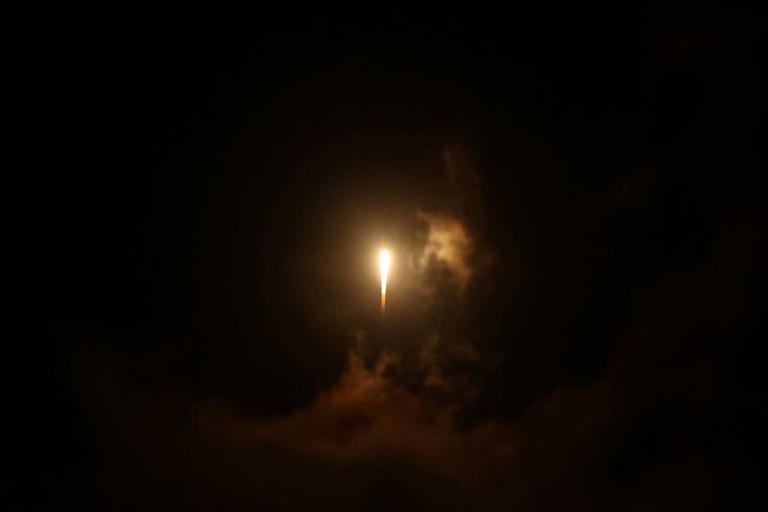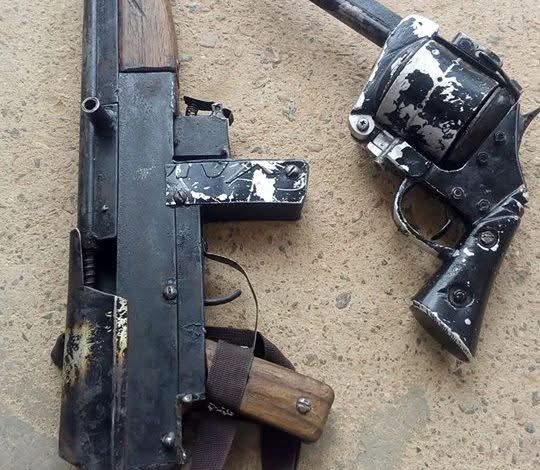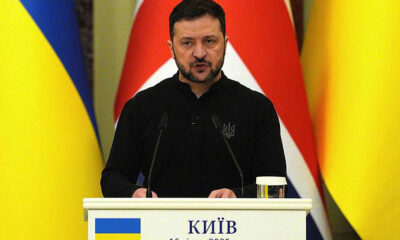Trending
Iran says action against Israel concluded unless it invites further retaliation

Trending
Residents Rush To Scoop Groundnut Oil As Another Tanker Overturns In Niger, Three Days After 98 Were Killed In Explosion.

Trending
Ekweremadu’s wife returns to Nigeria after release from UK prison

Trending
Gunman opens fire on wedding guests in Kebbi, killing 9-year-old child and leaving one other injured

- Politics11 months ago
Nigerian Senate passes Bill seeking the establishment of the South East Development Commission.

 Business11 months ago
Business11 months agoInflation hits record high of 29.90% on naira weakness

 Politics8 months ago
Politics8 months agoBREAKING: Federal Gov’t Offers To Pay Above N60,000, Reaches Agreement With Labour

 SportsNews11 months ago
SportsNews11 months agoOlympic Qualifiers 2024: CAF Confirms Dates For Super Falcons Vs Banyana Banyana

 Trending3 months ago
Trending3 months agoNYA demands release of ‘abducted’ Imo chairman, preaches good governance
- Business3 months ago
US court acquits Air Peace boss, slams Mayfield $4000 fine

 Politics11 months ago
Politics11 months agoGovernor Hope Uzodinma’s New Cabinet In Imo: The Gainers, The Losers

 Politics3 months ago
Politics3 months agoMexico’s new president causes concern just weeks before the US elections












